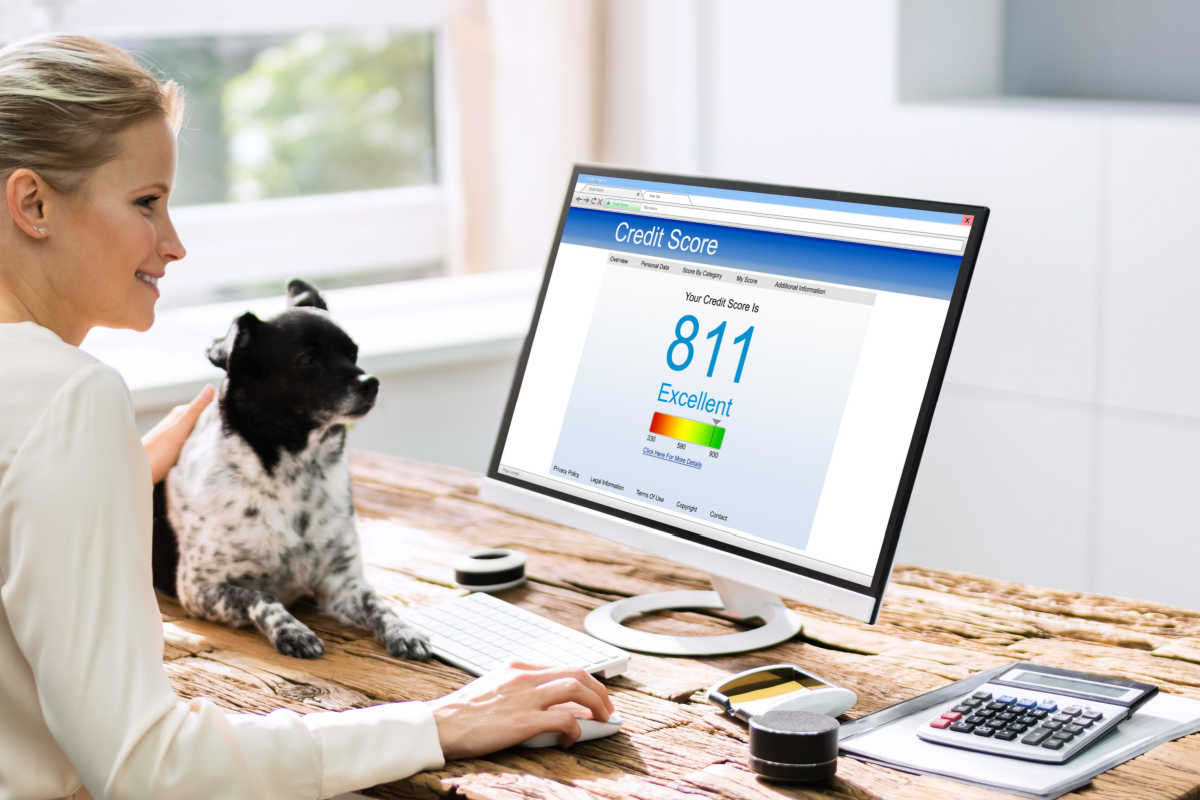Credit scores are increasingly important, as people rely on a good credit score to gain access to mortgages, personal loans, lower interest rates, and more favourable loan terms. Are you wondering how you can check your credit score? This article will cover all of the basics of how to check your credit score in the UK.
What Is a Credit Score?
Everyone who has used a credit card or taken out a loan of any type in the UK has a credit score which reveals their financial reliability. A person with a higher score is considered to be low risk for lenders because they have proven they can repay debts on time. Credit scores are calculated from a range of different things, including the following:
-
Types of Accounts You Have: Credit scores take into consideration how many different types of accounts you hold and examine how you manage them. Having a diverse mix of accounts, such as credit cards, loans, and mortgages, can demonstrate your ability to manage different types of credit. This shows lenders that you have experience handling various financial obligations, which can positively influence your credit score.
-
Used Credit and Available Credit: Credit lenders look at how responsibly you use your credit and if you have responsible habits across all credit cards or loans. Responsible credit utilization, which involves using a moderate amount of your available credit, indicates that you are not overly reliant on credit and can manage your debts effectively. Lenders typically prefer borrowers who demonstrate responsible credit usage, as it indicates a lower risk of default.
-
Credit History Age: Credit reference agencies take into consideration how long a credit account has been active and look favourably at accounts that are lengthy and have a strong repayment history. A lengthy credit history with a strong repayment record demonstrates your ability to manage credit responsibly over an extended period. This positive credit history can positively impact your credit score and make you more attractive to lenders.
-
Payment History: Lenders and banks consider this factor in analysing how you repay your credit and if there are missed or late payments. Consistently making timely payments and avoiding missed or late payments demonstrates financial responsibility and reliability.
Why Should I Check My Credit Score?
The most common reason people consider getting their credit score checked is because they are entering the property market and require a mortgage or large loan. A credit check will often allow you to analyse your credit history and implement a plan to improve or maintain your score, alongside verifying that all of your personal information is correct on the report. After checking this, you can also make the decision to dispute anything that is not correct.

By knowing your credit score, you can estimate how much you may be preapproved for a loan, the interest rate you may be offered, and additional terms before applying. This is vital as a rejected loan or credit card could negatively impact your overall credit score if a hard credit check is performed in the process.
Where Can I Check My Credit Score?
In the UK, there are three main credit reference agencies. The biggest agency is Experian, followed by TransUnion and then Equifax. Getting your credit report is a free service and your legal right. Equifax, for instance, offers one free account and up to six free credit reports annually for their registered clients.
Many people are under the impression that a credit report can harm your credit score. However, this is a misconception because personal credit reports are soft credit inquiries. Soft inquiries will not negatively affect your overall score. Only you will be able to see the request, and it will appear on your report for 12 to 24 months.
If you want to check your credit score, you can go directly to any of the major credit reference agency websites and request your credit score. For example, Experian will give you full access to your credit report through CreditExpert once you’ve created your free account.
How Is My Credit Score Ranked?
In the UK, your score is usually ranked from zero to 999 and classified as Fair, Good, or Excellent. However, the numerical value isn’t universal across all of the UK’s credit reference agencies.
Here is a breakdown of the different credit reference agencies scoring systems:
|
Equifax |
Experian |
TransUnion |
|
|
Excellent |
811-1000 |
961-999 |
628-710 |
|
Good |
531-670 |
881-960 |
604-627 |
|
Fair |
439-530 |
721-880 |
566-603 |
